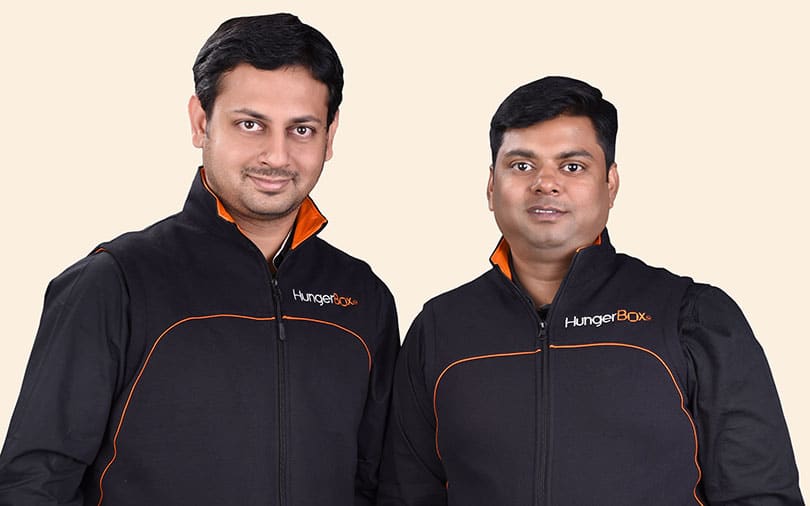India’s largest digital payment company Paytm is all set to lead $15 million funding round in B2B foodtech startup HungerBox, according to report published in Economic Times. HungerBox’s existing investors are also likely to participate in the funding round, the report further claimed.

The funding marks unique investment proposition for Paytm that till date has invested in tones of startups. For it will be first time that the Alibaba and SoftBank backed company will be investing in a B2B food –tech market. The opportunity is ripe considering that this sector is still wide open and is not penetrated by massively funded B2C food tech startups like Swiggy and Zomato.
There is every possibility that this investment may lead to synergic cooperation wherein Paytm may help in streamlining digital payment solution for HungerBox. However there is still no clarity over whether or not this strategic cooperation will take place.
HungerBox had previously raised funds in July last year from South Korea-based investment firm Neoplux and India-focussed PE fund Sabre Partners. Infosys Co-founder Kris Gopalakrishnan had also participated in the round.
Founded in 2016, the Bengaluru based company claims to have come a long way since its inception. The company claims that it has served more than 50 Mn meals and serves more than 113 corporate clients including big names like Qualcomm, Microsoft, Accenture, and McKinsey.
Similarly to Zomato and Swiggy apps, HungerBox app aggregates food vendors that provide F&B services to workplaces and companies. Employees can place order with their preferred vendor and can track delivery.
Analysts claim that India’s corporate catering market is replete with repeat orders, making it potentially a lucrative market. Although Zomato and Swiggy may have failed to infiltrate the market in a big way, they are making every possible attempt to do so. Last year Zomato acquired TongueStun Food for an estimated $18 million to create niche for itself in the B2B space. Swiggy, on other hand, had launched a pilot project for B2B food-aggregation but shaved the project due to lackluster response.

